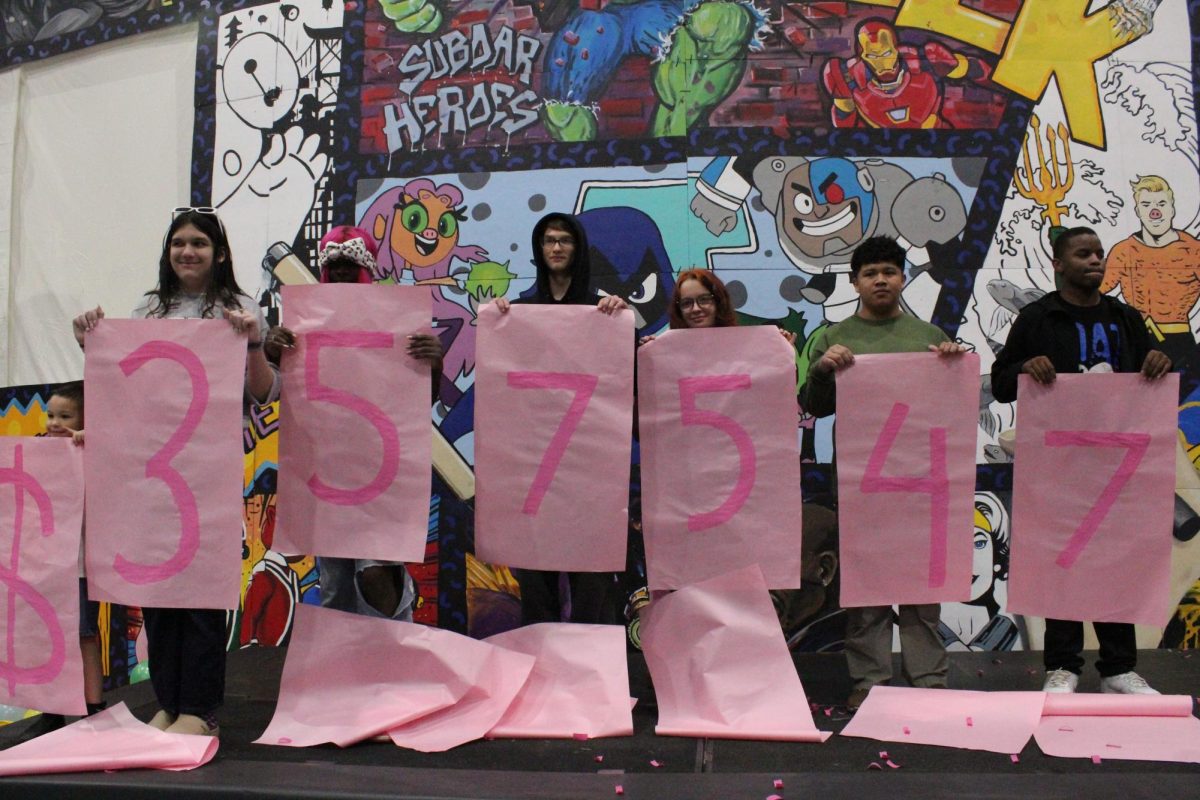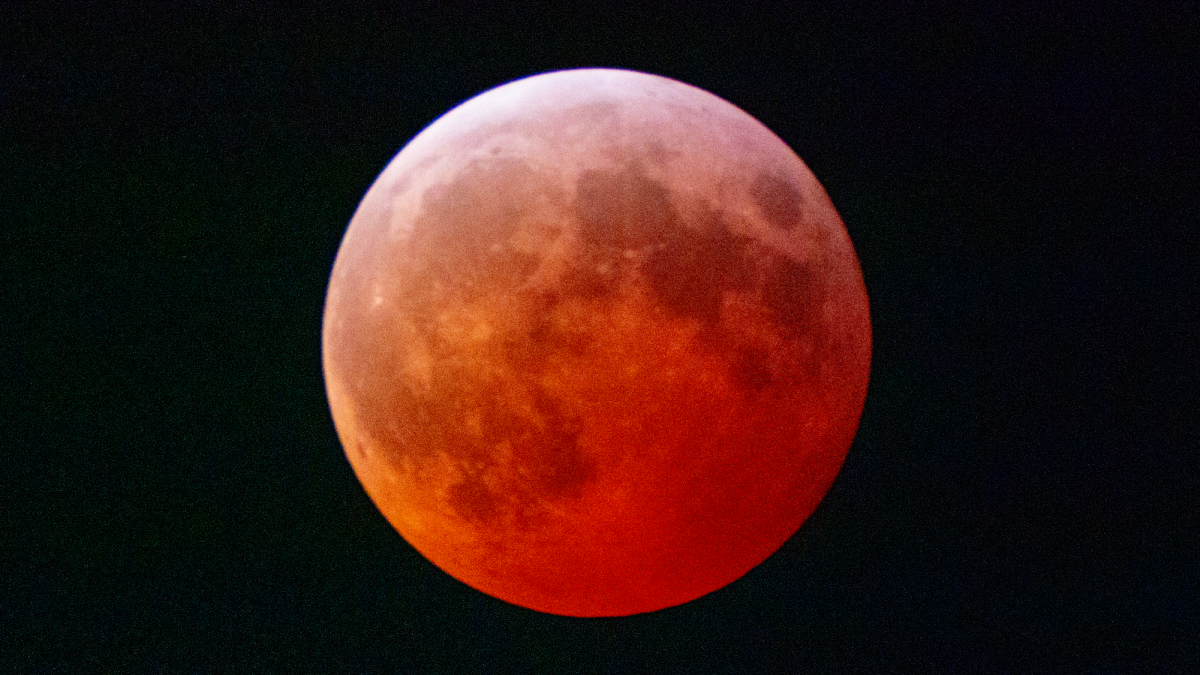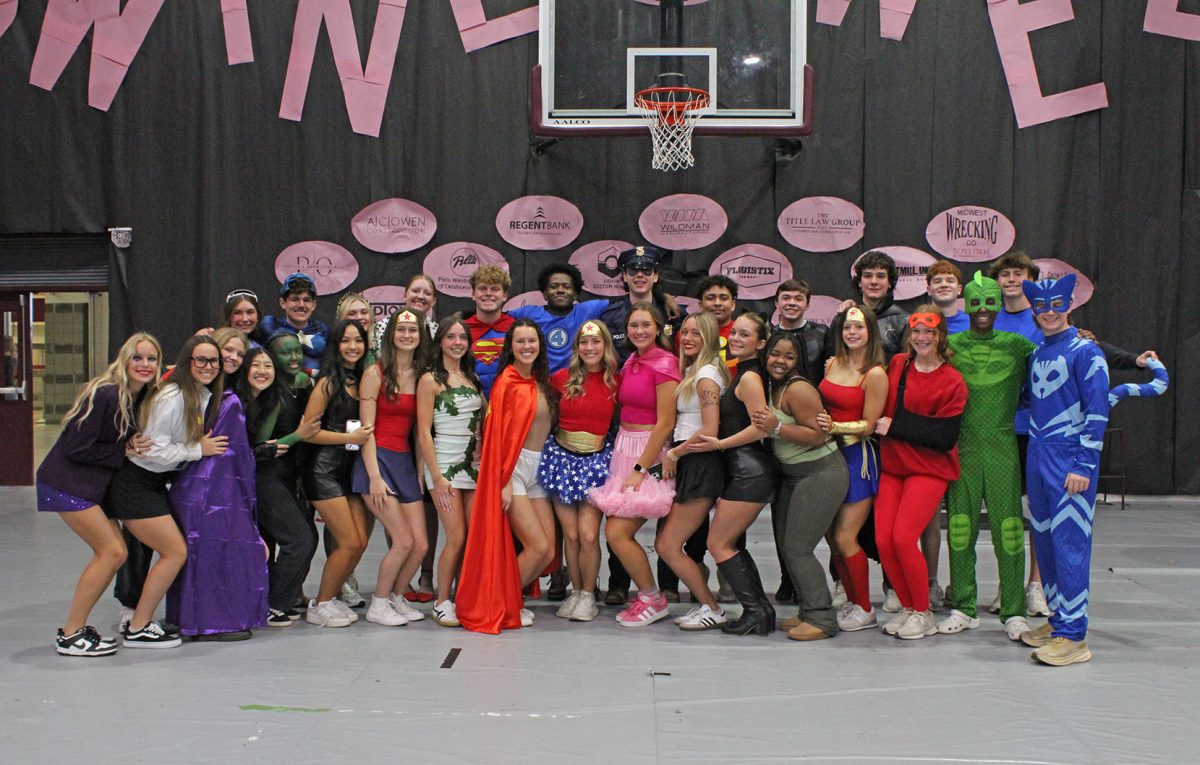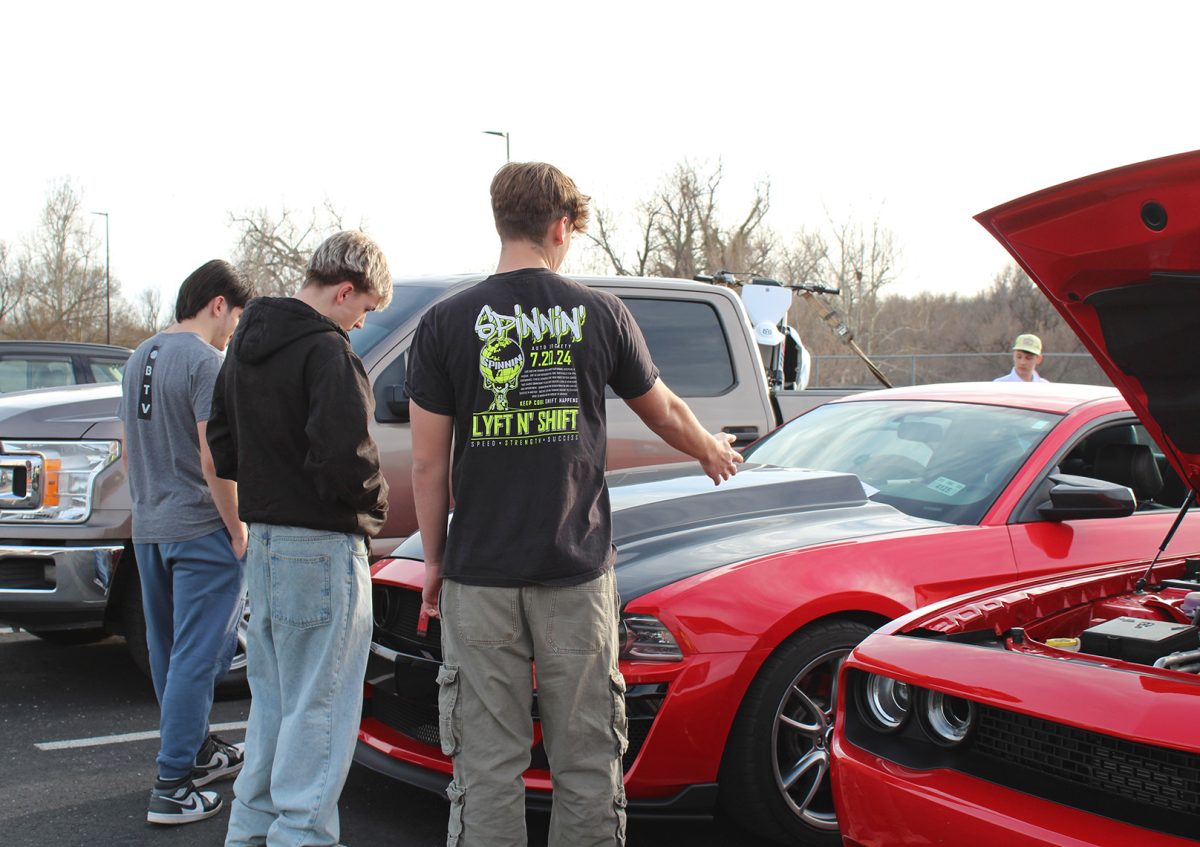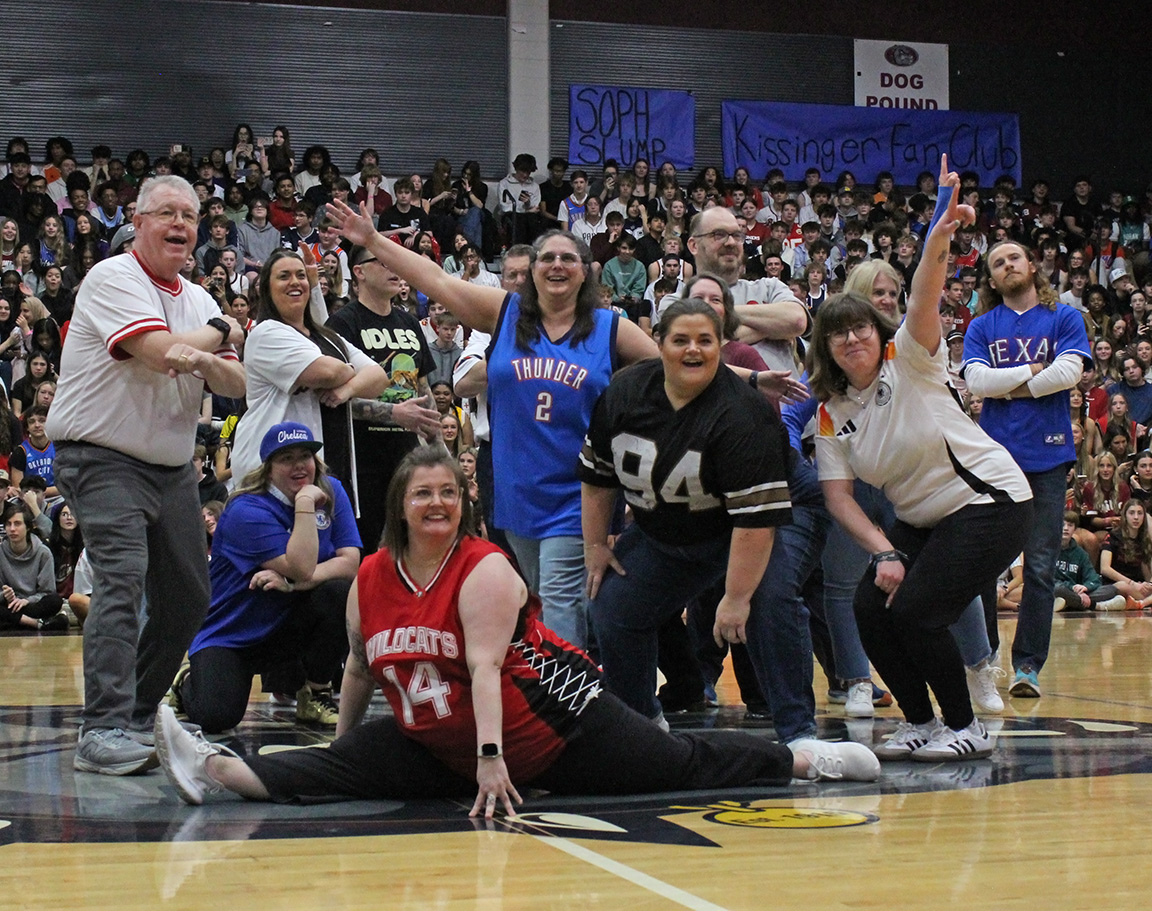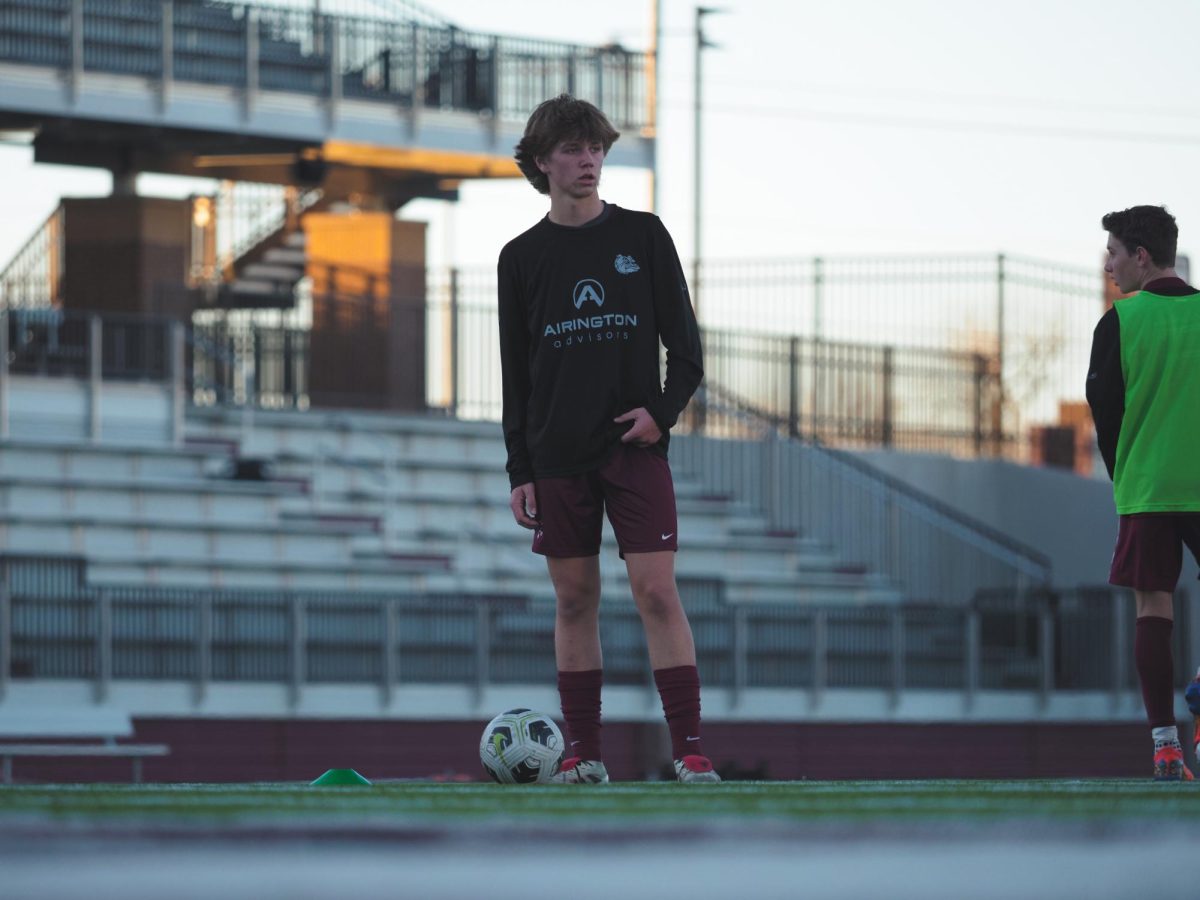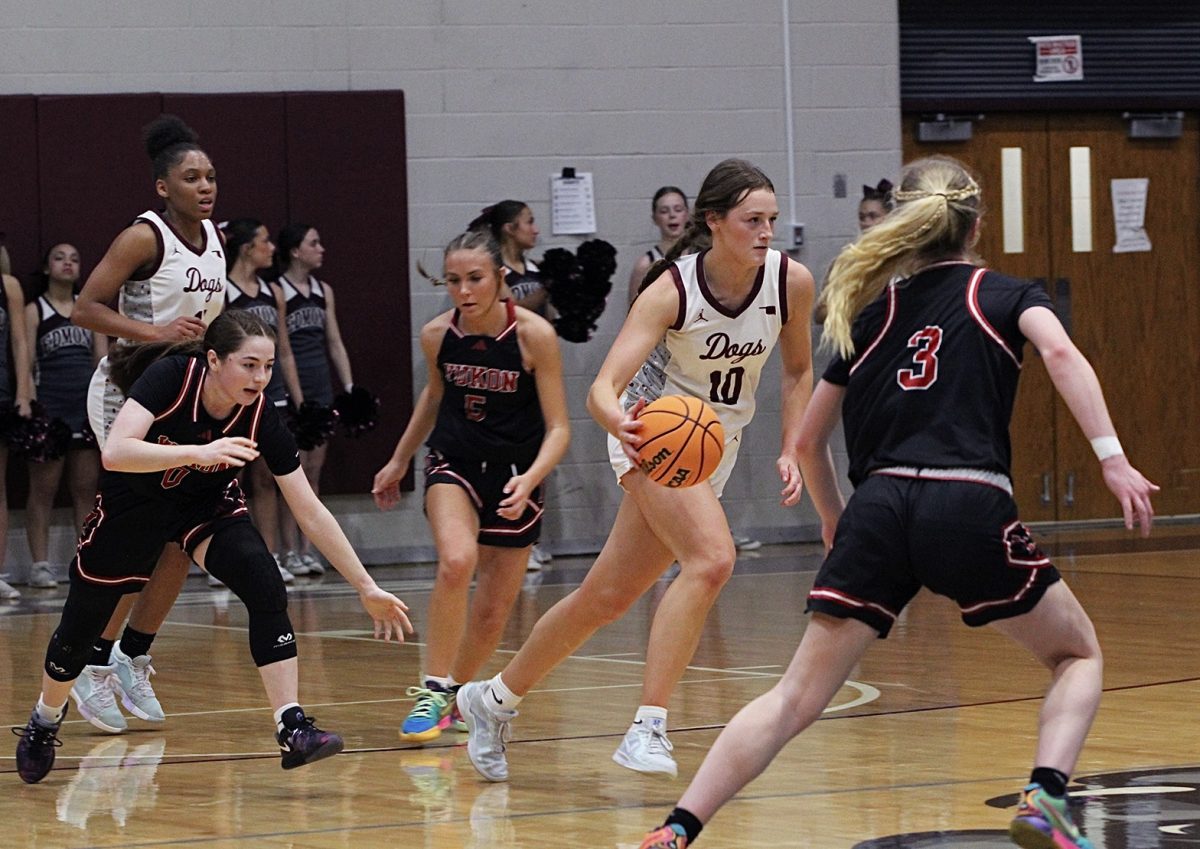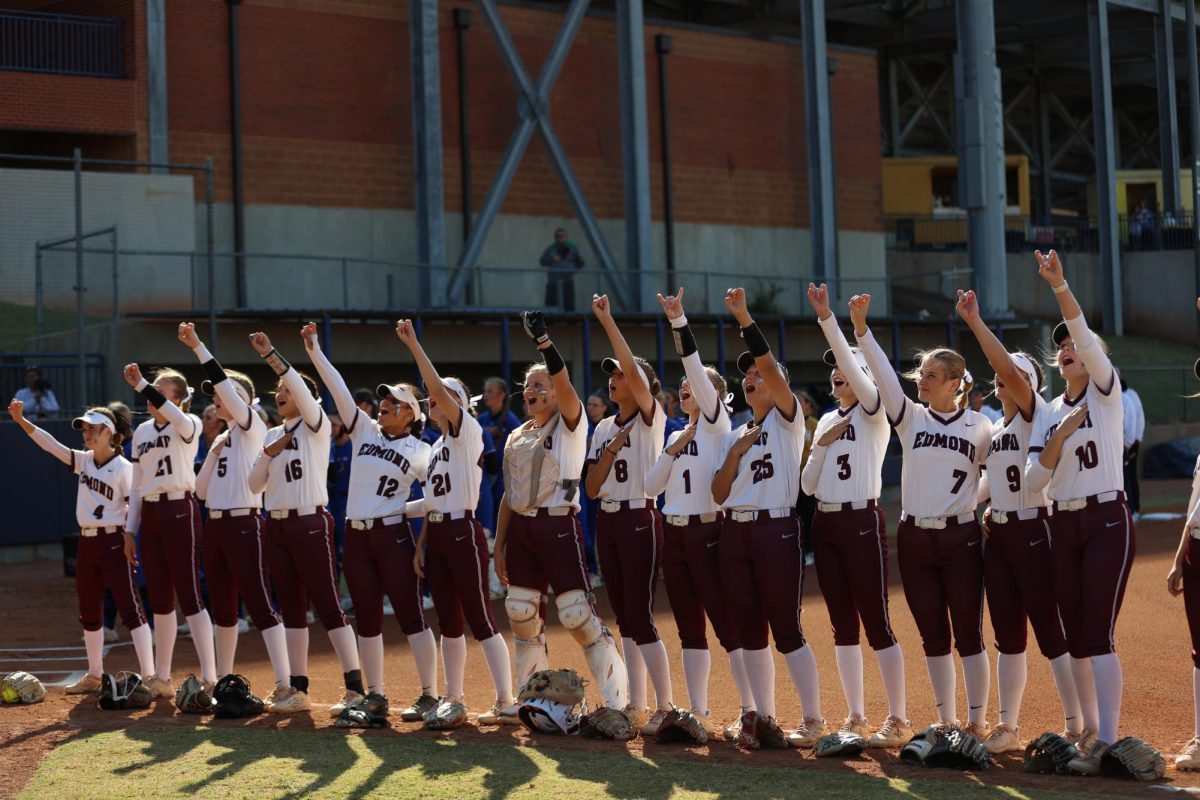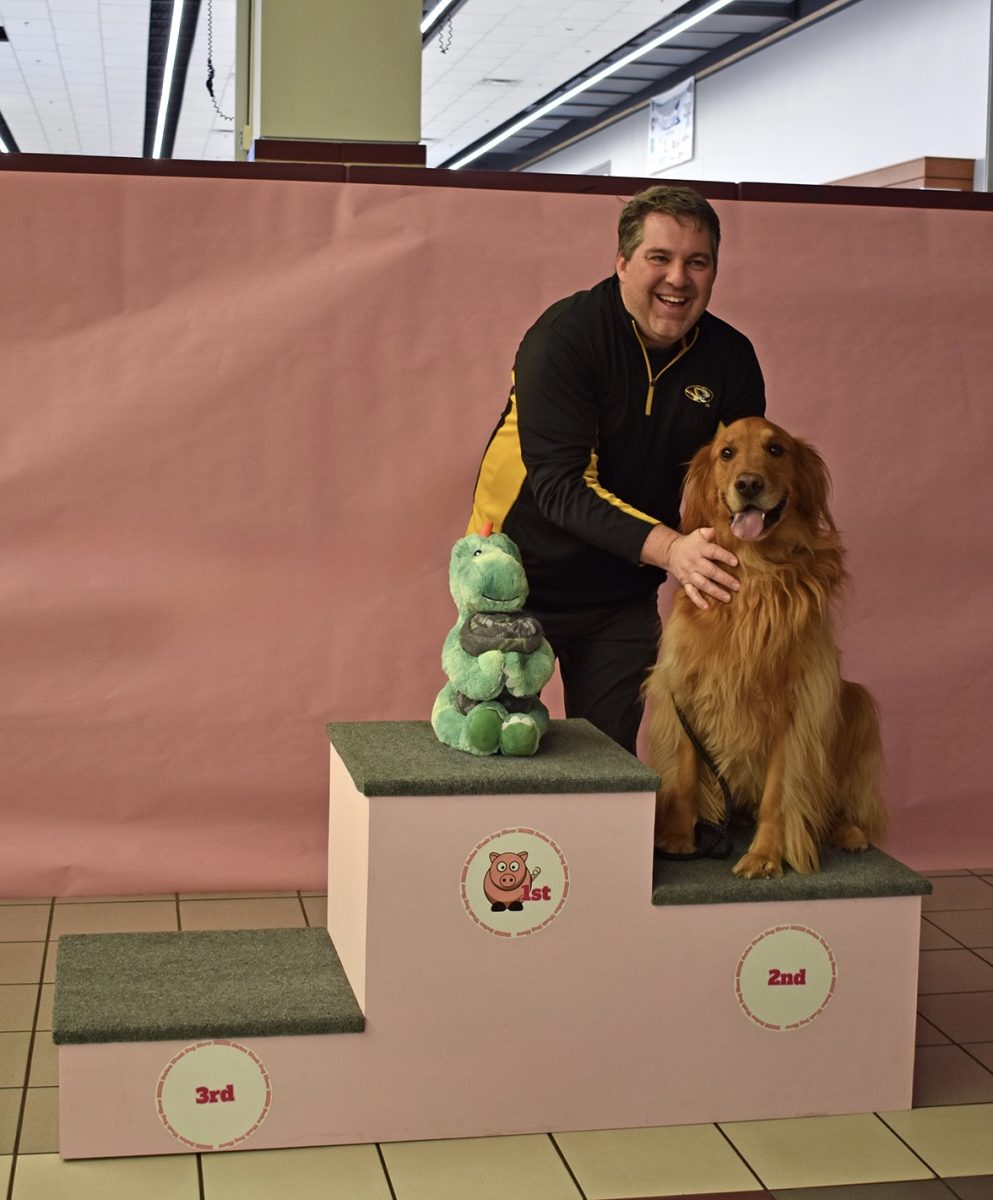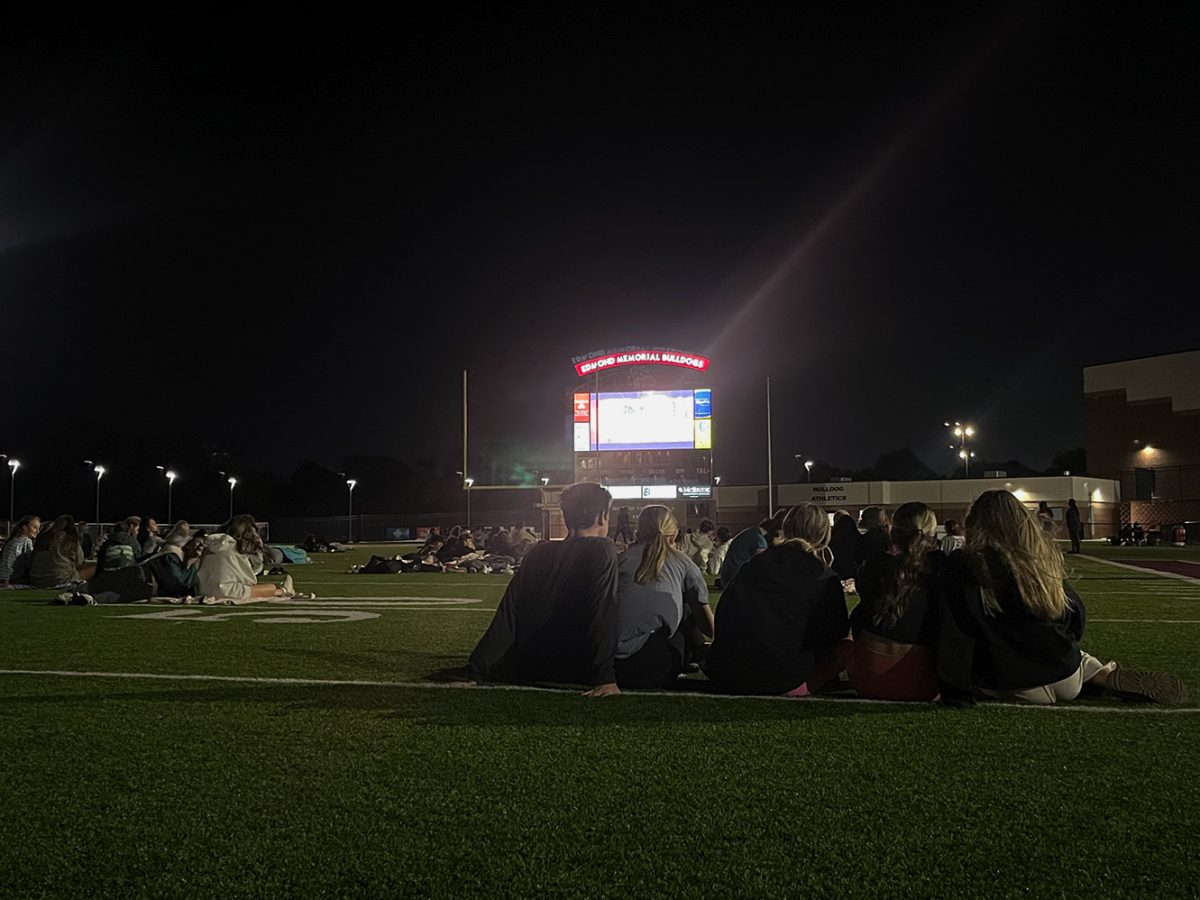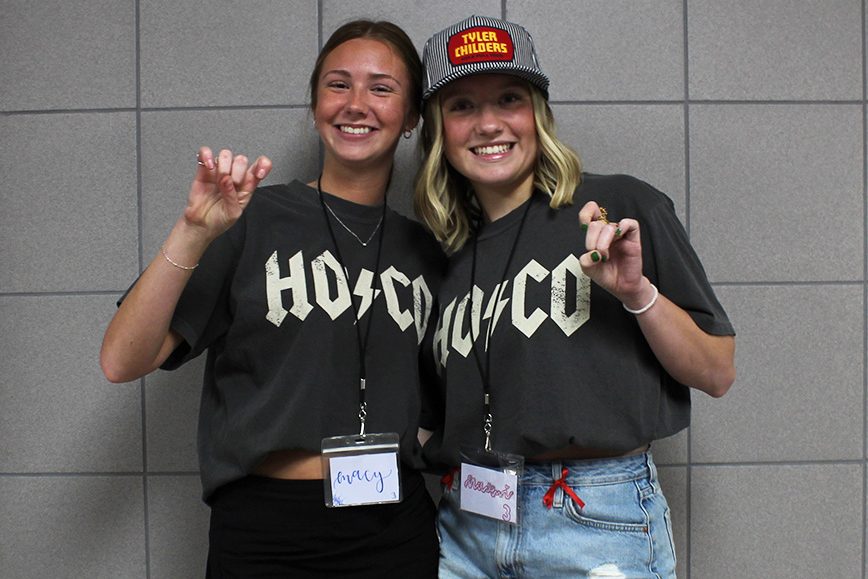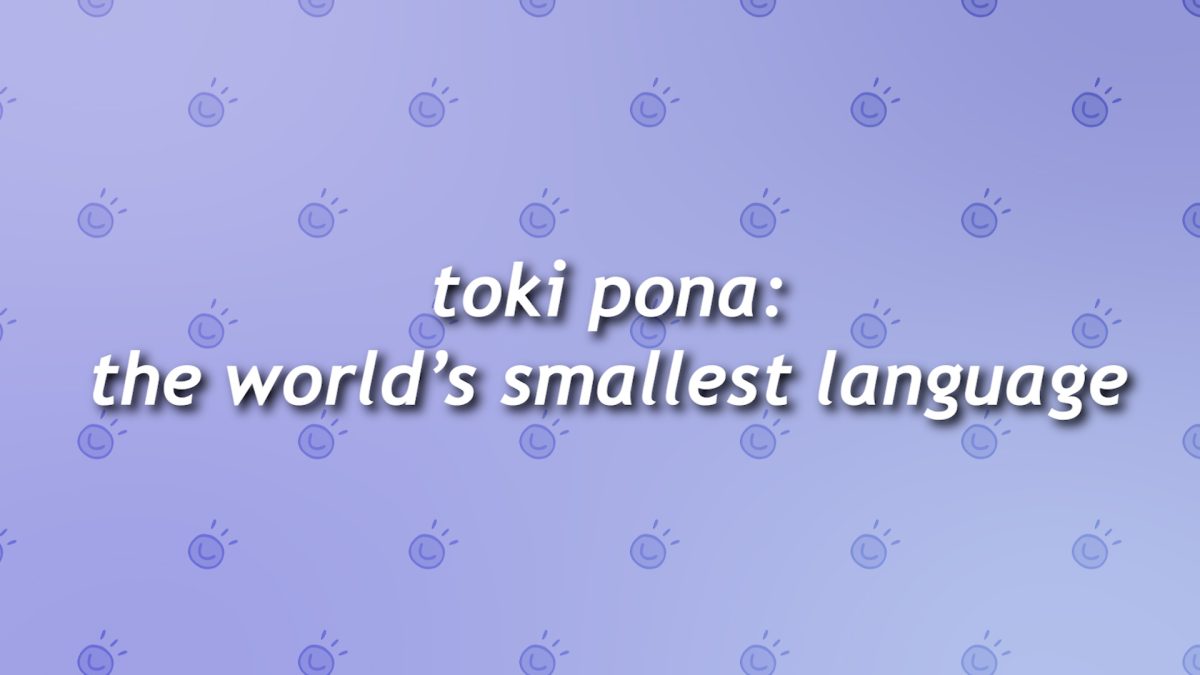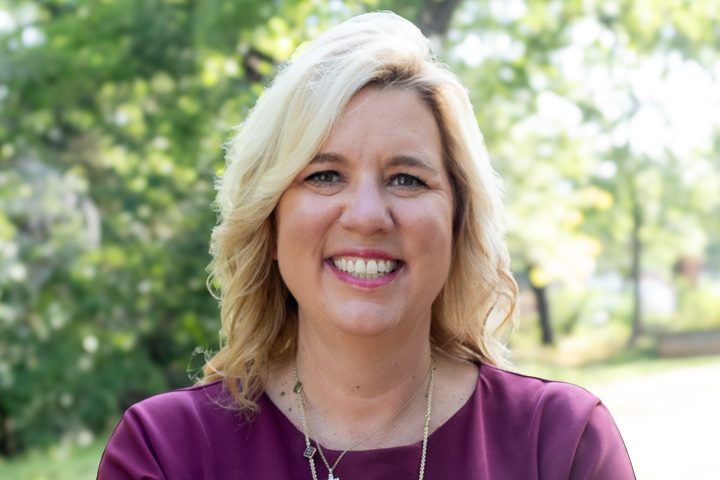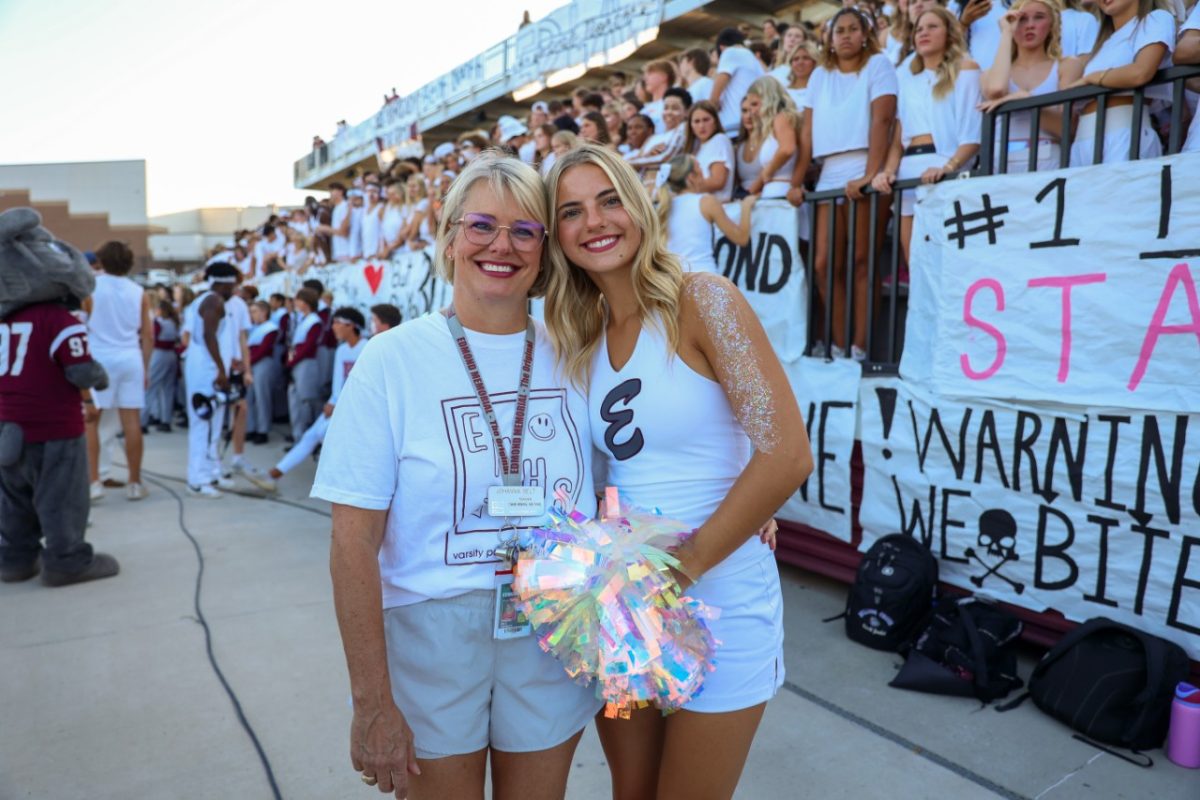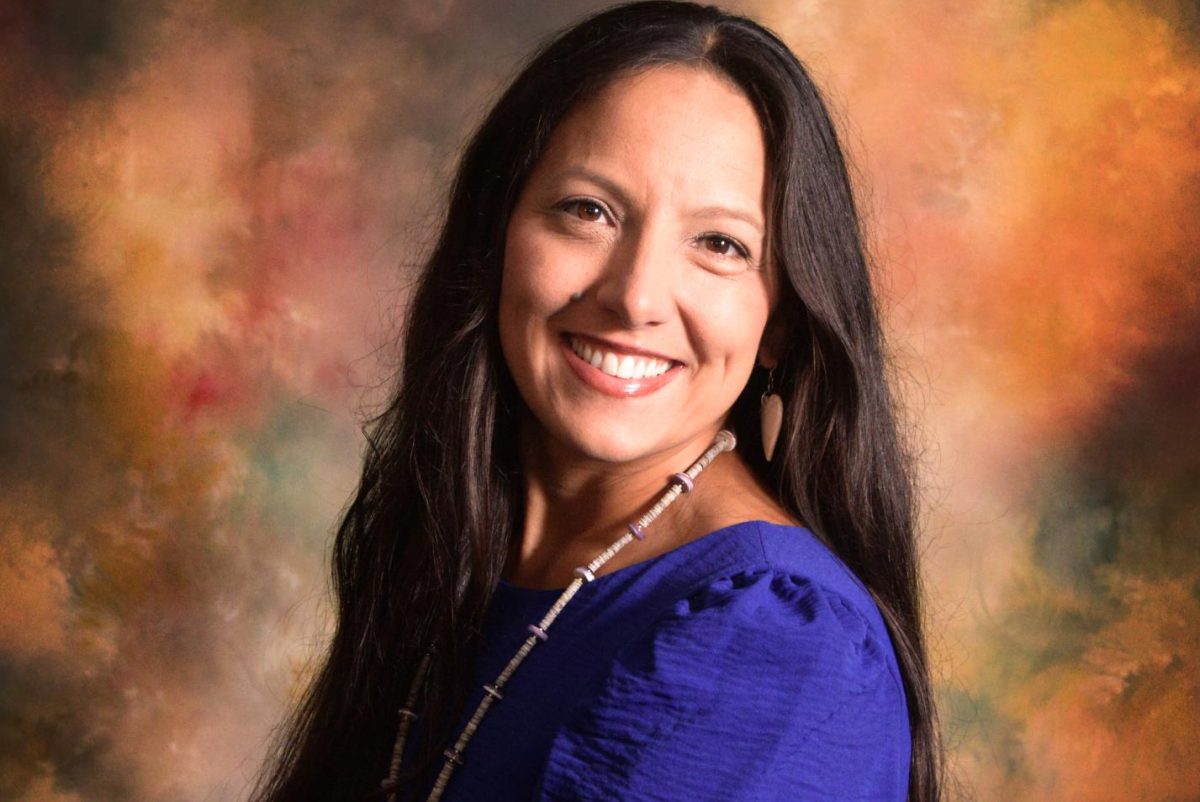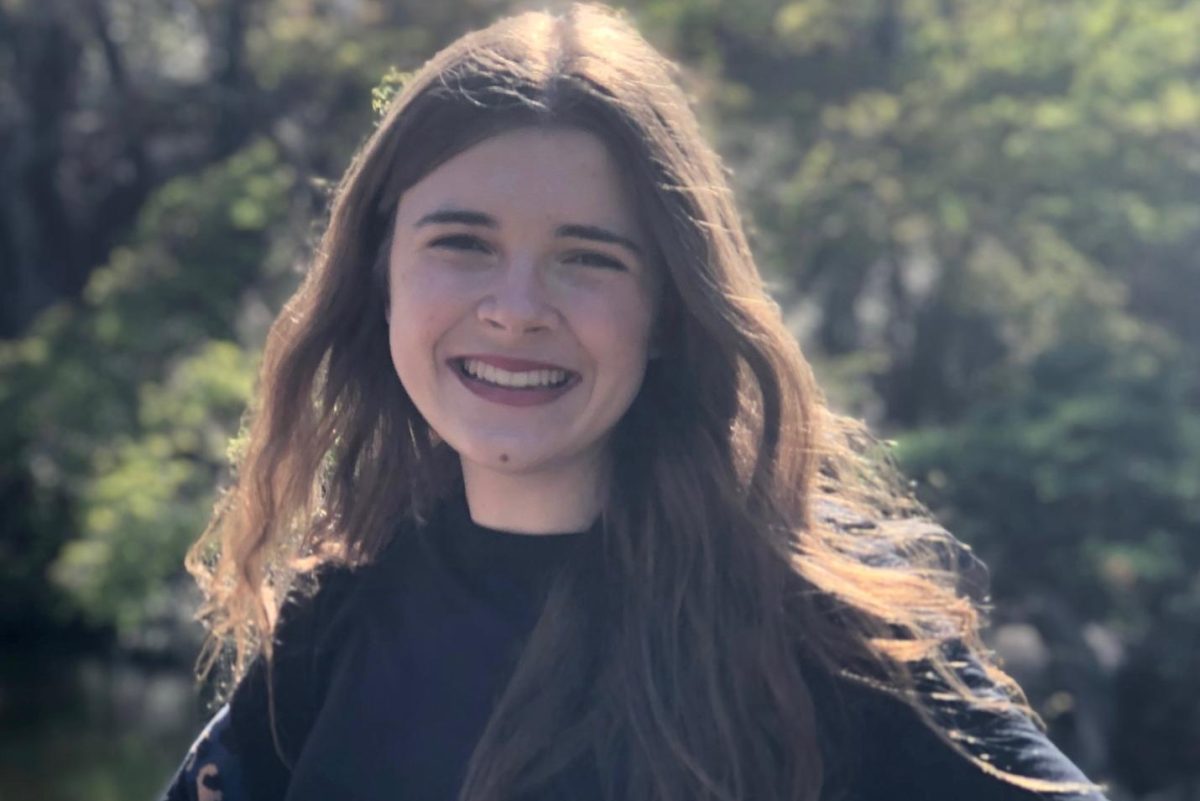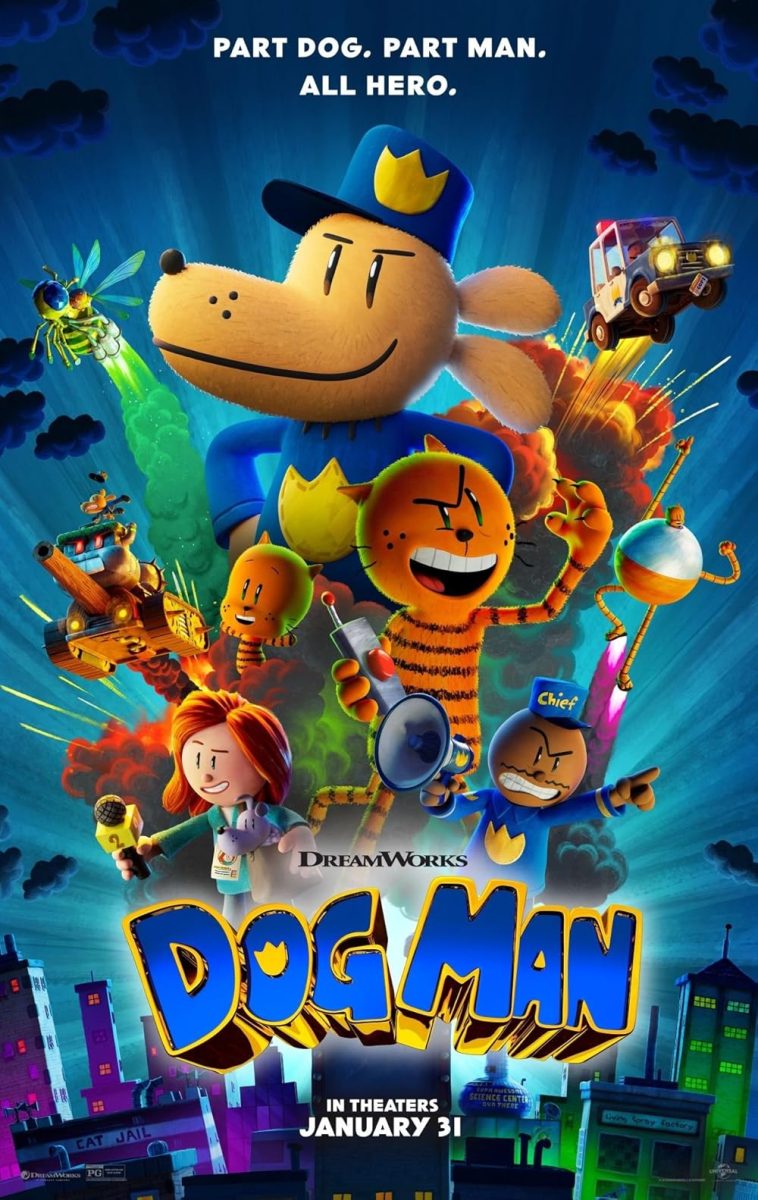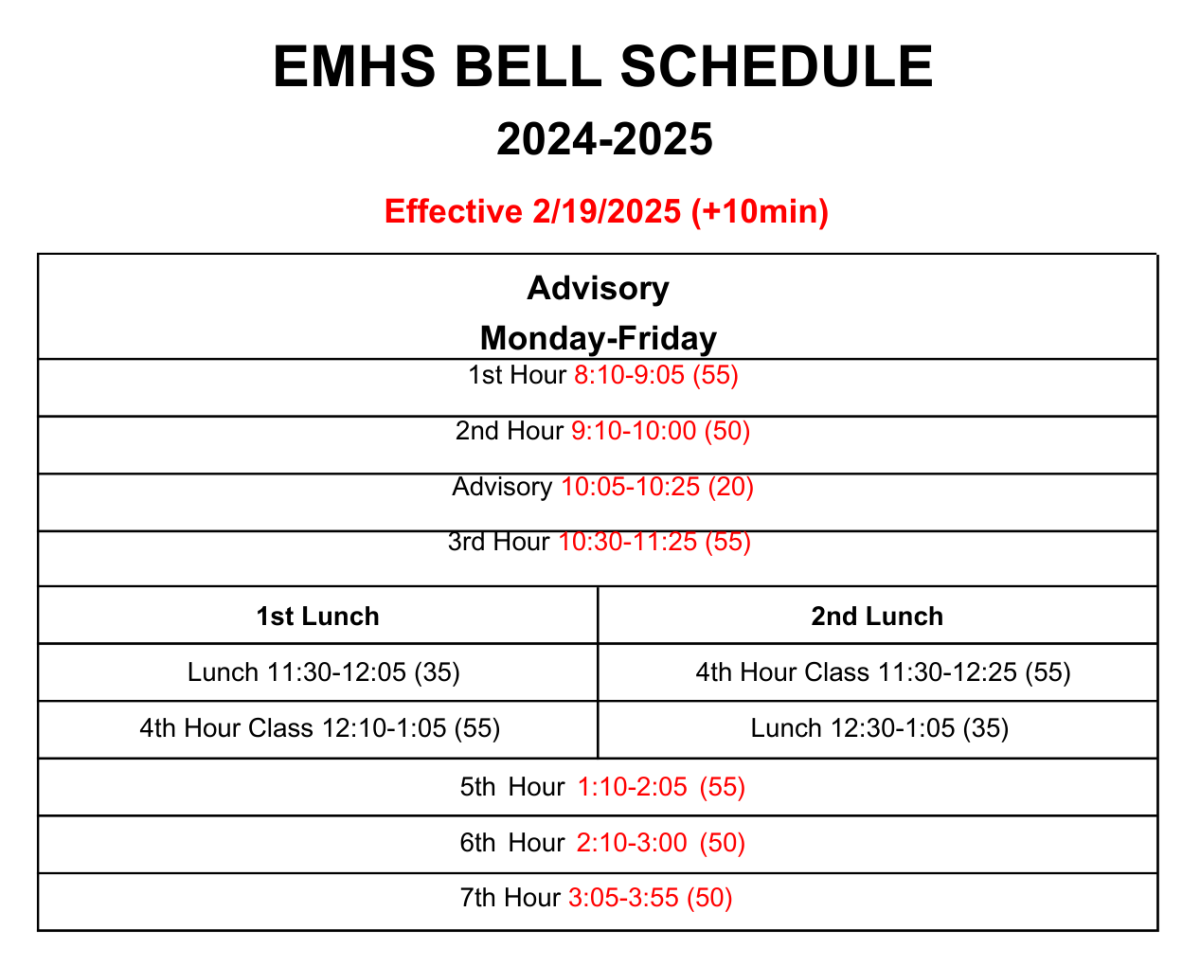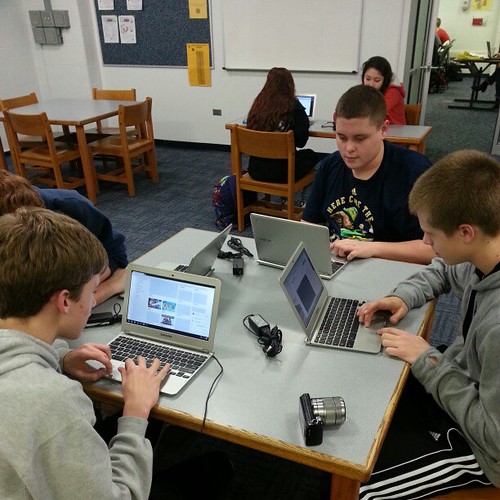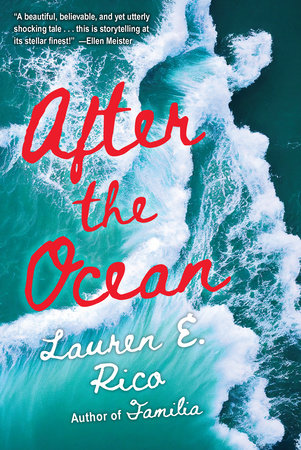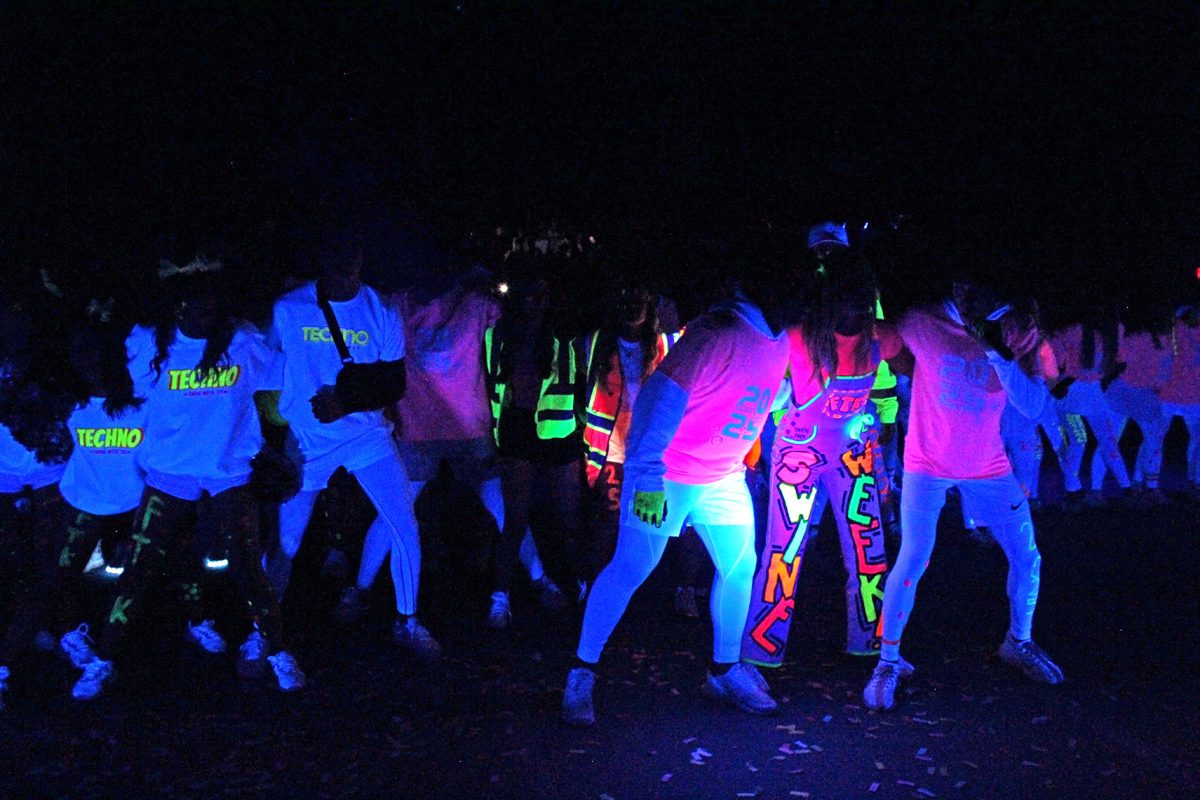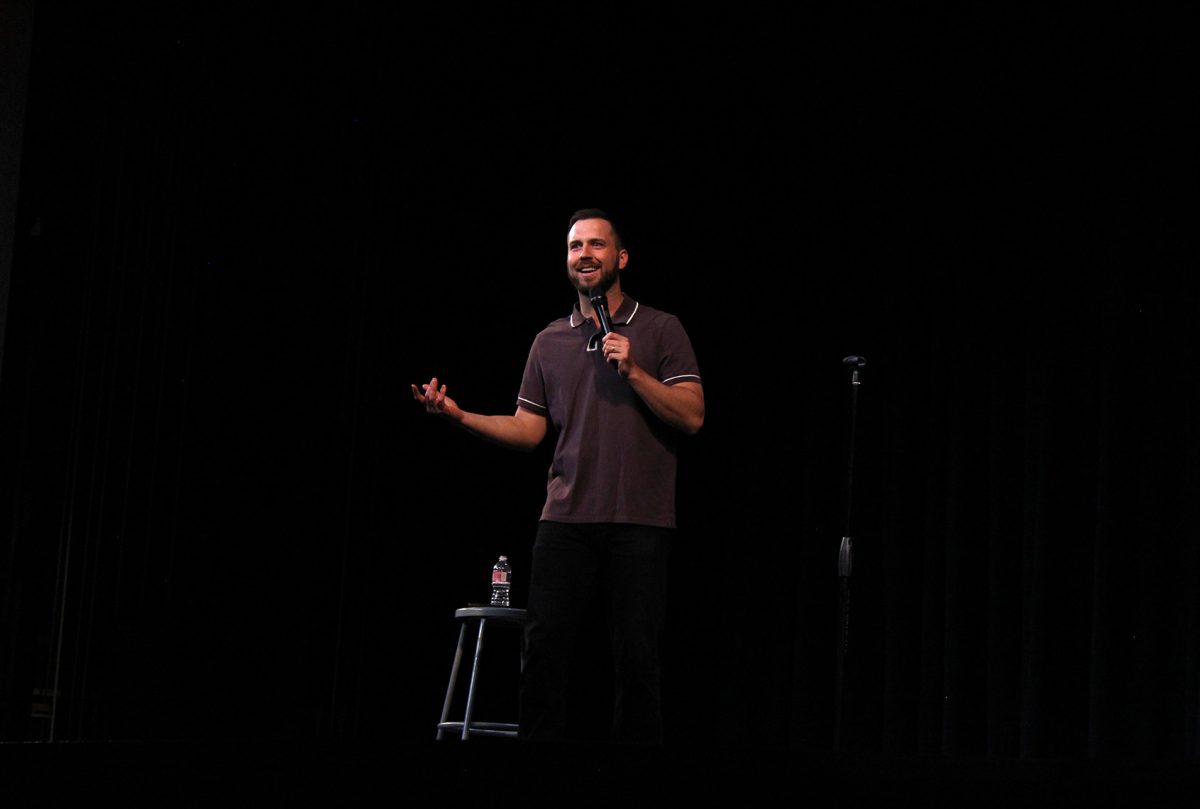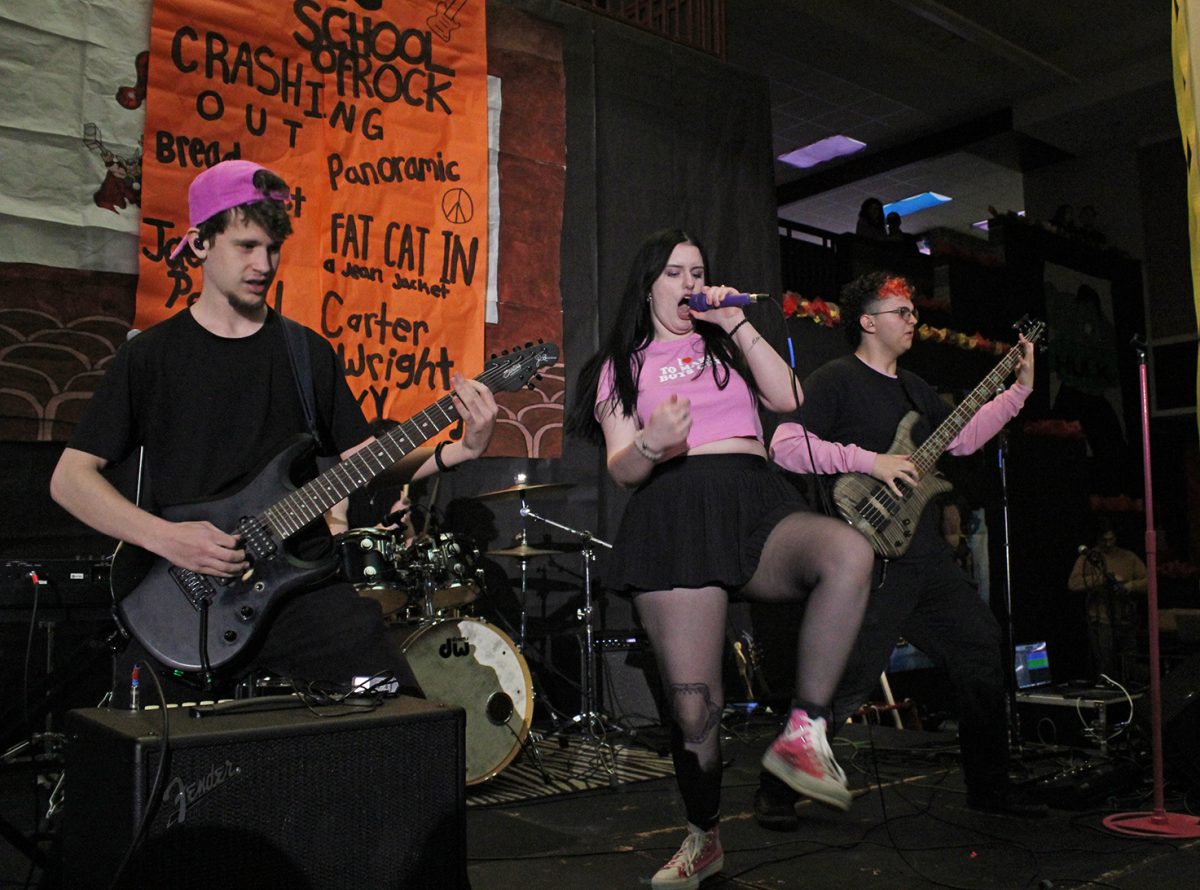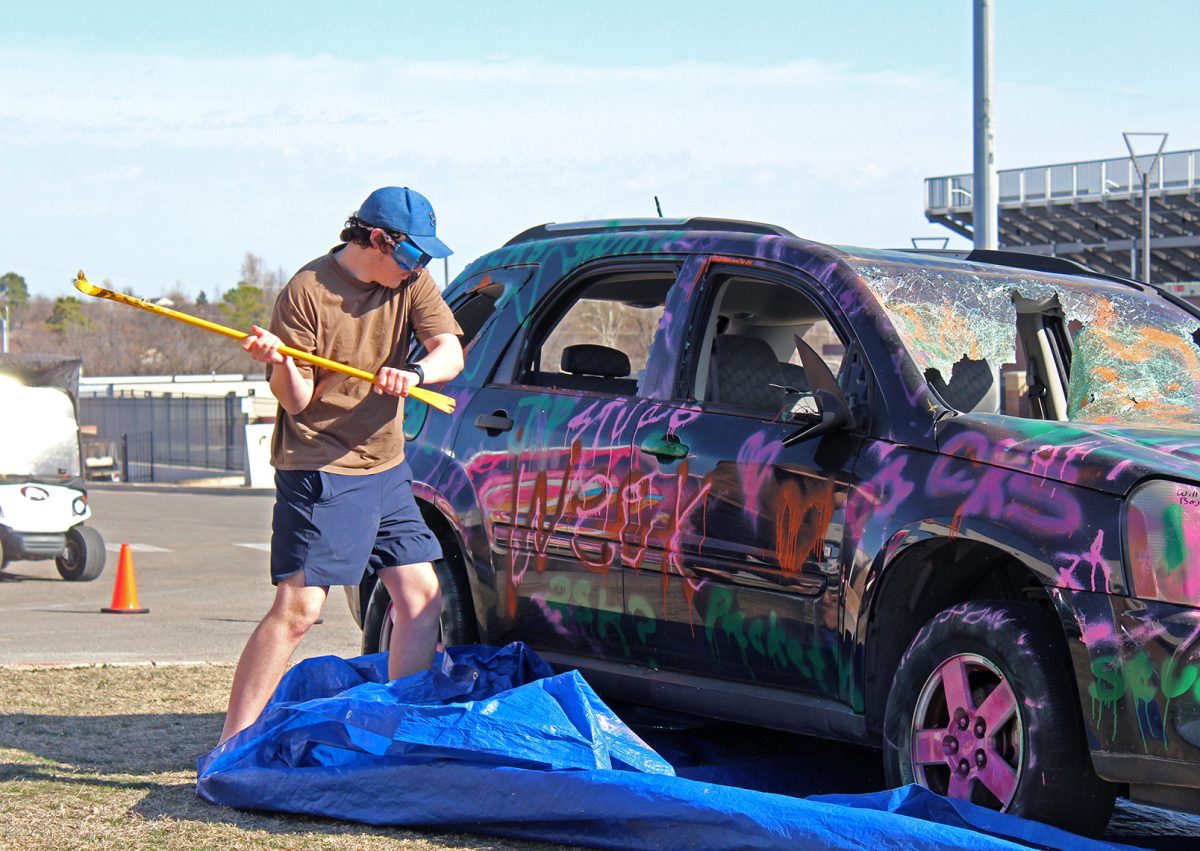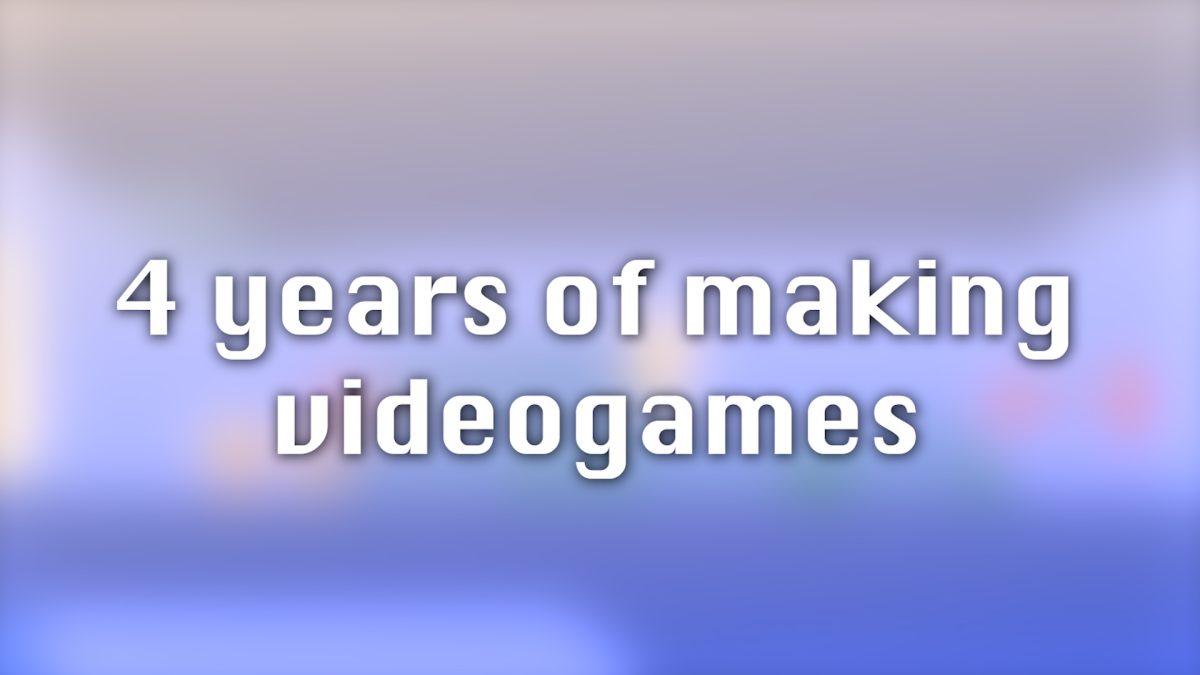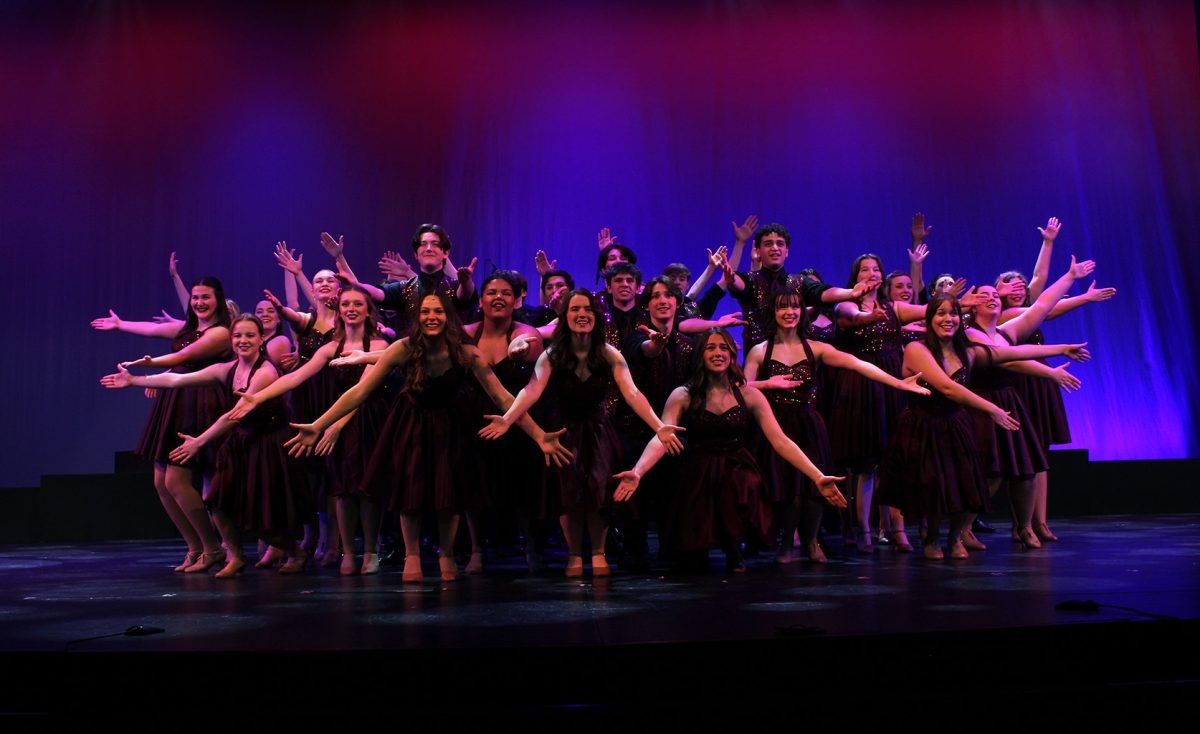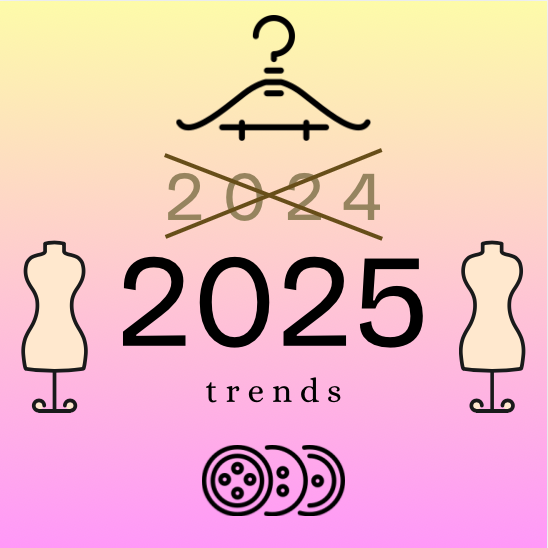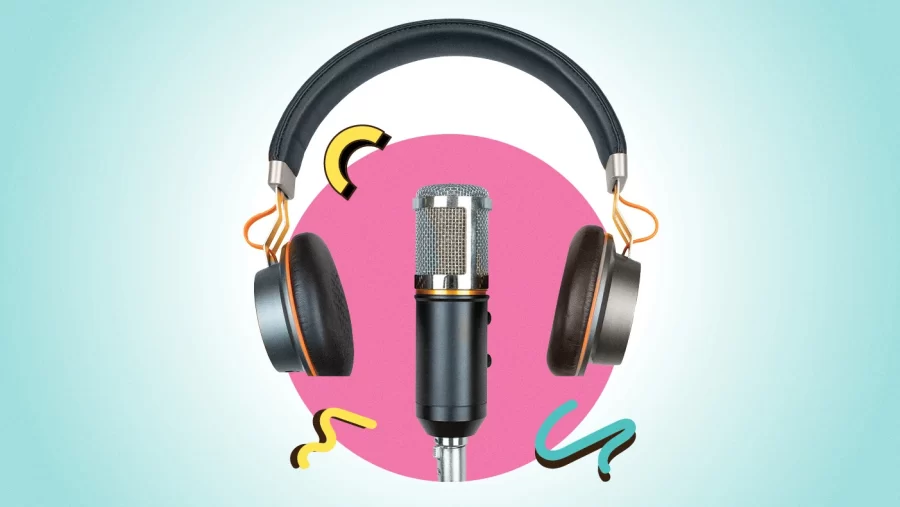Social media vs. teenage mind: who is the victor?
March 8, 2021
When someone hears the word addiction, most people assume the conversation is about drugs or caffeine, but rarely do people stop and think how social media could be discussed as well. Most commonly, the obsession stems from those of younger generations. In the world of a teenager, a like equals a smile, a share means they’re popular, and a comment indicates that someone cares. In a teenager’s universe, everything that matters is dictated by a red heart someone took .1 seconds to tap. Social media drains batteries, both literal phone batteries and our figurative human batteries, until we’re all hanging on to that one percent- barely anything at all.
Depression, anxiety and eating disorders are all things today’s teenagers have to deal with- a constant (usually silent) battle that seems to be a common effect of social media. It would be incorrect to say that social media is the only reason that teenagers deal with mental health issues, because there are many factors that play a part in that and teenagers are not the only people who fight mental battles. However, social media is a front runner in increasing mental health issues, particularly in younger people.
Sometimes, it can be difficult to realize what is going on in the lives of people around us when our own life can become quite hectic. Nonetheless, it is when we notice the lives of others that we might actually change a life for the better. A smile could make someone else smile, a compliment could help that person through one more day.
One night when I looked up the number of suicides in the United States, the number went up by one. Something about watching that number increase made my heart shatter. According to the National Mental Health Institute, suicide was the second leading cause of death in 2018 for ages 10 to 34. A lot of this has to do with the younger generation’s access to social media platforms such as Instagram, TikTok, and Snapchat.
Platforms such as the aforementioned ones provide young children and even adults with a false reality and a false happiness, covered up with filters and different angles. Therefore, people start comparing themselves and their lives to those on social media platforms. They tend to find that their life is not as perfect or that their lives are much more complicated than that of social media influencers; this can create a feeling of insignificance that is actually unnecessary because what they are comparing themselves to isn’t real.
This brings up the point of how social media influencers, like famous TikToker Charli D’Amelio, should be using their platforms to spread positivity and truth versus a fake reality no one can achieve. Especially because the majority of her fan base are young adults. Instead, most influencers use their platforms to showcase their money and create impossible scenarios with intense amounts of editing.
Along with social media comes stereotypes, which can play a huge part in the mental health of teenagers; I know from being a teenager myself that I am always worried about how I look because I don’t match typical stereotypes.
For instance, a common stereotype is that girls cannot be too thin, but if they have too much weight on their body society tells them they need to go on a diet. An example for guys would be if they show emotions they are considered less of a man, but when men don’t show their feelings they are seen as heartless. Old people need to be wise and young people need to be incompetent, the list goes on and on. All of these things that society views as perfect is just one definition of the word; each and every individual is perfect in their own way.
While there are already many solutions provided to the problem of social media affecting children and their mental health, such as support groups and therapy, there are other options. A different solution that could be used to fix this issue, is to start making a specific time during the day where we step away from our phones,which can help reduce anxiety and stress. Another approach would be restricting the use of social media as a whole, that way it can start to become less of an influence culture.
It might take the efforts of roughly 7.8 billion people, but maybe we can start to change this world, day by day, little by little, into a better place. All we need to do is just look at it from a larger perspective. Not everyone and everything needs to be inspected with a microscope, but with a worldly view of love and support.

